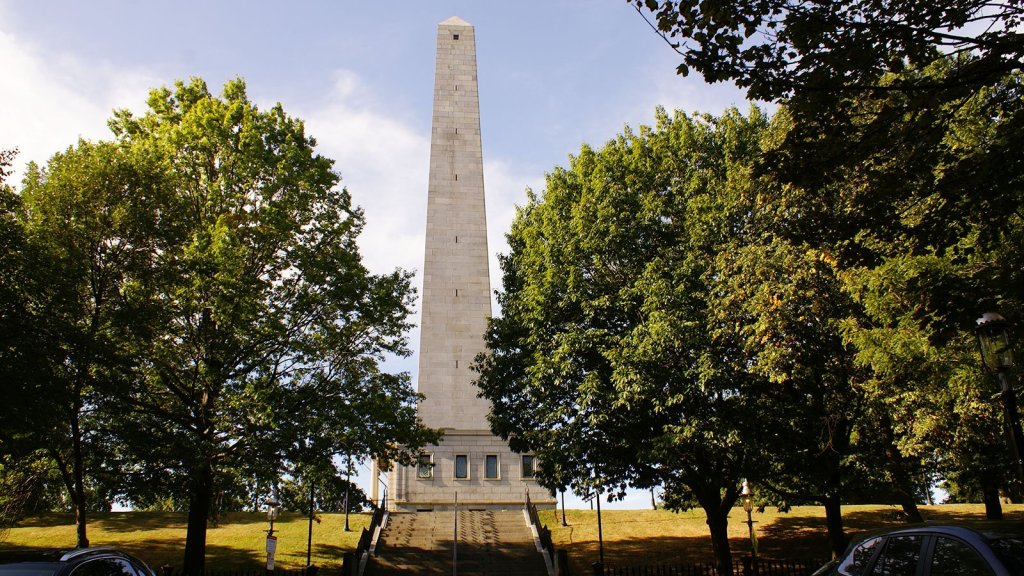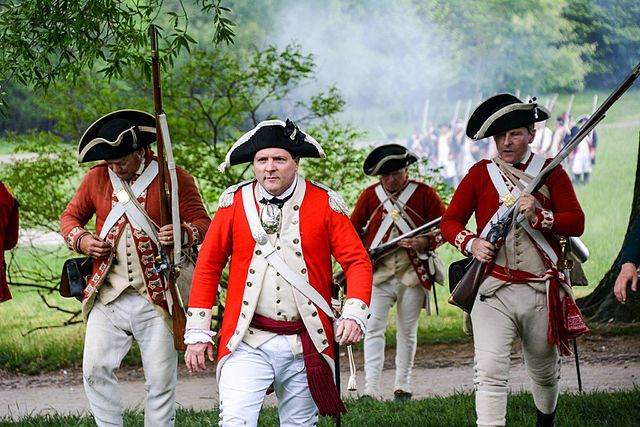
Grey markets represent problems for companies and also for governments and no grey market had a greater impact than the grey market for Tea in 18th Century in the American Colonies.
Grey goods are those which are sold outside authorised channels. Companies often defend profit margins by restricting sales channels and controlling the market players. Governments often tax the authorised sales channels, so bypassing them can result in smuggling.
Worse still for companies, if they lose control of the distribution channels they face risks from counterfeiters. When a bottle of Johnny Walker Red Label Whisky became a form of currency in Africa multiple grey market channels opened. Then the company noticed that much of the product on the market was not scotch whisky at all. The bad quality counterfeit whisky was destroying the brand.
On May 10th 1773 the Tea Act passed through the British Parliament and received royal assent. The act was designed to save the British East India Company which was on the brink of financial collapse. It had warehouses in London filled to the brim with tea they could not sell.
The British East India Company processed the highest quality tea on the world market. But under the charter by which it was founded it had to transship all products through London so that the British Crown could cream taxes from all the trade. Tea destined for the US Colonies moved from India to London and thence to Boston, New York and Charleston.
American merchants began to source their tea from Dutch traders. Lower in quality than the English tea, but by avoiding the “Townshend Duties” it was sold at vastly lower prices. By the mid 18th century over 85% of all tea consumed in the American Colonies was grey market tea smuggled in from Holland.
The intention of the Tea Act was to redress the balance in favour of English tea flowing through the approved channels. Without the Townshend Duties the high quality English Tea could undercut the poor quality Dutch tea and would destroy the business of the American tea traders. The proper market channel would be restored and the end customer would have their tea at a fair price.
The American traders didn’t see this as a good thing, but nobody was going to defend their smuggling rights. So they represented the Tea Act as a move by the London Parliament to impose tax laws on the colonies without input from the colonists. Their slogan “No taxation without representation”.
The campaign came to a head when the ships carrying the cheaper English tea arrived into ports in the American colonies. A series of protests collectively known as “The Destruction of the Tea” took place. In some ports the tea was unloaded from the ships and left on the docksides to rot. The Boston protest was the most dramatic. Radical colonists dressed up as Native American Braves and stormed the Tea Ships at anchor in Boston Harbour. They threw the tea casks into the sea in what became known as the “Boston Tea Party”.
What followed next was ironic. Tea became associated with Royalists and the oppression of the British Crown. Independent minded Americans rejected tea and began to drink coffee.
Tea; by Carol Ann Duffy
I like pouring your tea, lifting
the heavy pot, and tipping it up,
so the fragrant liquid streams in your china cup.
Or when you’re away, or at work,
I like to think of your cupped hands as you sip,
as you sip, of the faint half-smile of your lips.
I like the questions – sugar? – milk? –
and the answers I don’t know by heart, yet,
for I see your soul in your eyes, and I forget.
Jasmine, Gunpowder, Assam, Earl Grey, Ceylon,
I love tea’s names. Which tea would you like? I say
but it’s any tea for you, please, any time of day,
as the women harvest the slopes
for the sweetest leaves, on Mount Wu-Yi,
and I am your lover, smitten, straining your tea.


